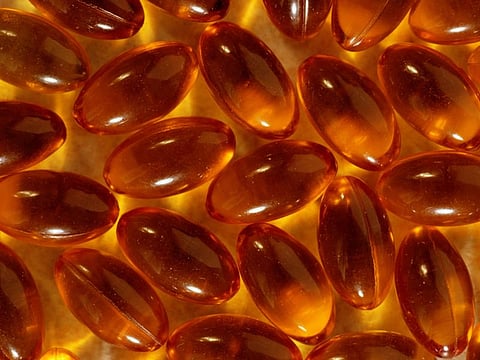MONDAY, Nov. 2, 2015 (HealthDay News) -- For healthy adults, eicosapentaenoic acid (EPA) and docosahexaenoic acid (DHA) supplementation does not reduce common markers of systemic inflammation, according to a study published online Oct. 26 in the Journal of Internal Medicine.
Matthew F. Muldoon, M.D., from the University of Pittsburgh School of Medicine, and colleagues conducted a double-blind, placebo-controlled clinical trial to examine whether EPA+DHA supplementation reduces common biomarkers of chronic, systemic inflammation. Two hundred sixty-one healthy individuals aged 30 to 54 years were enrolled and randomized to 18 weeks of fish oil supplementation providing 1,400 mg per day EPA+DHA, or to a matching placebo.
The researchers observed a 64 percent increase in red blood cell EPA+DHA in the active treatment group, while supplementation had no effect on serum C-reactive protein and interleukin-6 (P ≥ 0.20). Across subgroups and with and without imputed values the findings were consistent. Ex vivo production of four pro-inflammatory cytokines was not altered with EPA+DHA supplementation (P ≥ 0.20).
"Supplementation with 1,400 mg EPA+DHA did not reduce common markers of systemic inflammation in healthy adults," the authors write.
Abstract
Full Text (subscription or payment may be required)


